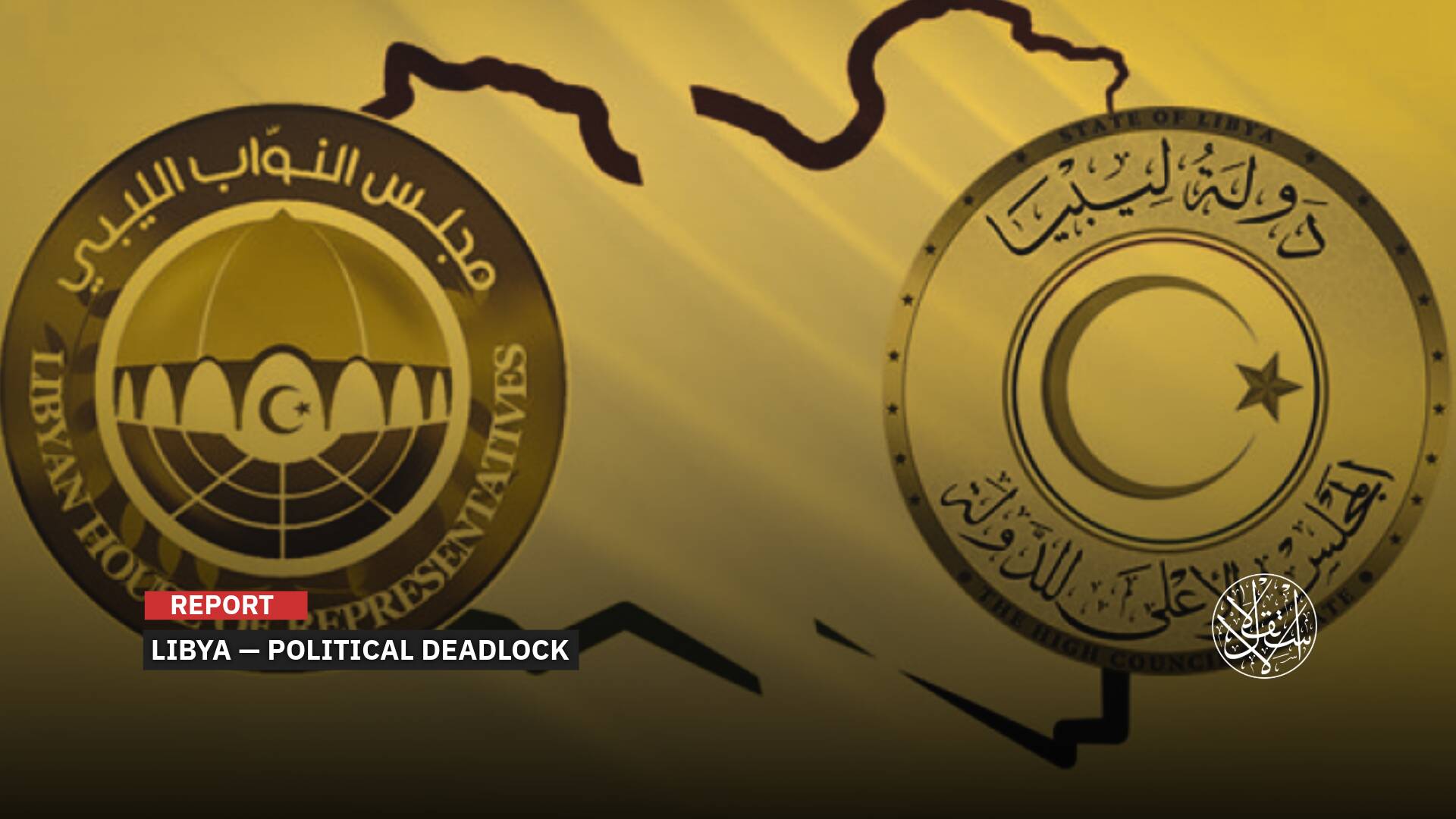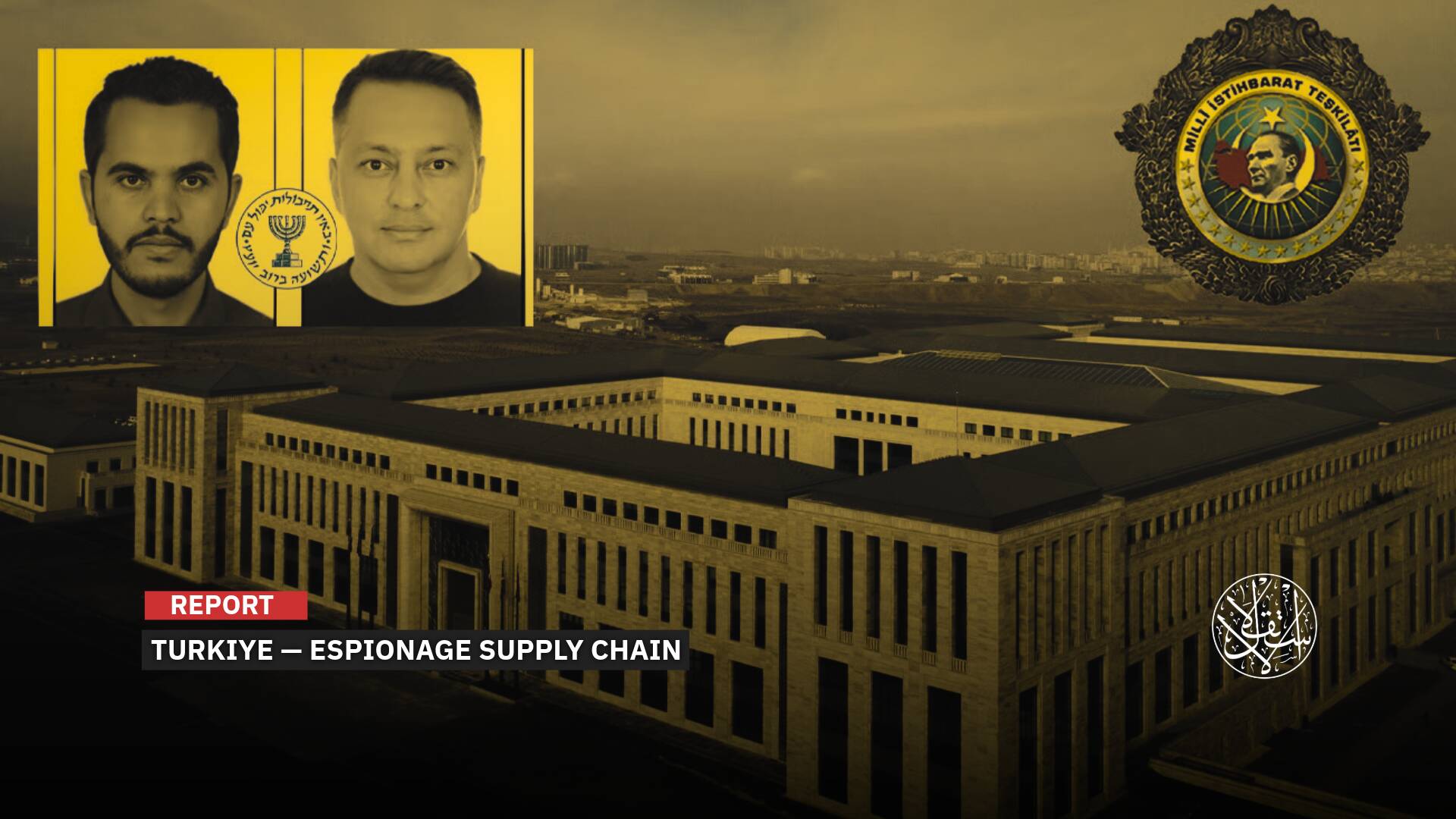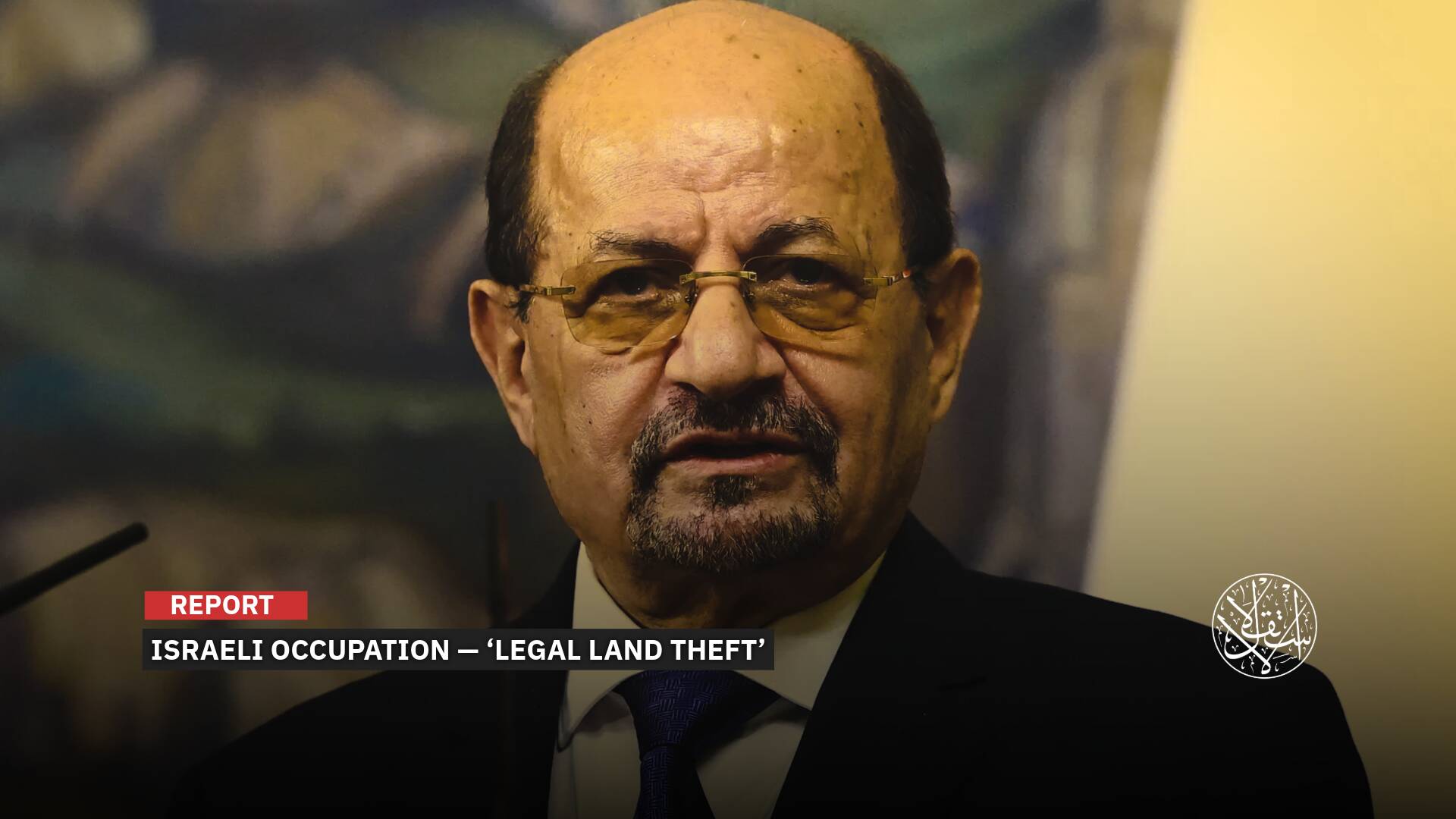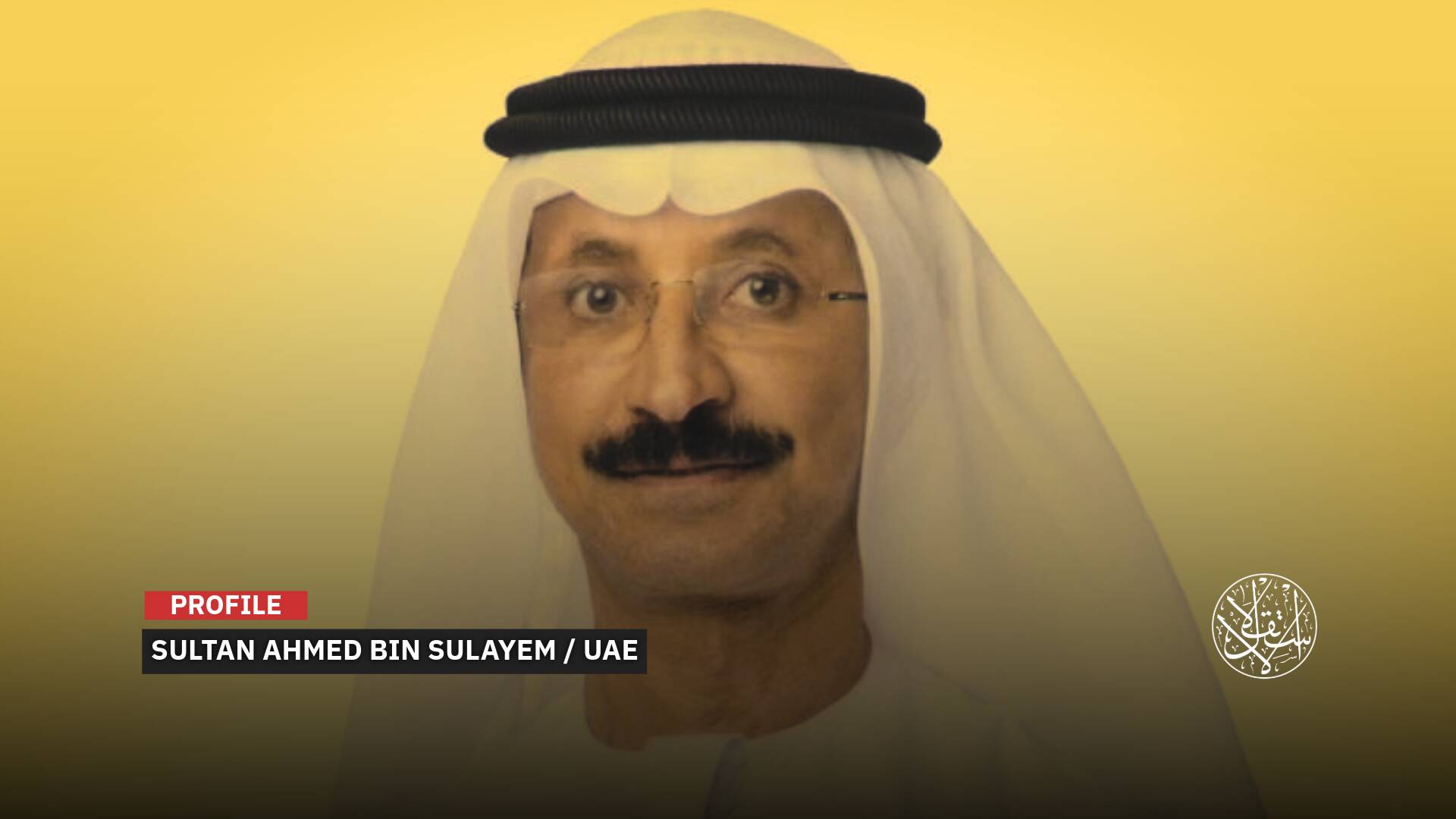Reviving Latakia: How a New Investment Deal Is Putting Syria Back in Business

The deal guarantees Syria a fair and increasing share of the port’s development benefits.
In a move signaling the start of a new phase of economic openness, a political protocol was signed in the presence of Syria’s president, Ahmed al-Sharaa, granting a French company a partnership agreement with the Syrian Maritime Authority to operate the container terminal at the Port of Latakia on the Mediterranean coast.
On May 1, 2025, the Presidential Palace in Damascus hosted the signing of a landmark 30-year deal granting French shipping giant CMA CGM, led by Franco-Lebanese tycoon Rodolphe Saade, control over investment and operations at the Port of Latakia.

Revamping the Port of Latakia
According to Joseph Daqaq, regional director of the French company, the agreement includes plans to modernize, expand, and deepen the Port of Latakia to accommodate larger vessels and handle the expected increase in cargo arriving in Syria over the coming years.
The contract entails a €230 million investment, with €30 million to be injected in the first year, as announced by port director Ahmed Mustafa on May 1 to AFP. Over the next four years, a new berth worth €200 million will be constructed at the port.
Mustafa emphasized that this deal marks Syria’s first international investment contract since the fall of Bashar al-Assad’s regime on December 8, 2024.
The new berth at the container terminal will meet global standards, stretching 1.5 kilometers in length and 17 meters in depth, enabling large ships—currently unable to dock—to access the port. Appropriate infrastructure will also be established to support operations.
As for revenue distribution, Mustafa said operating income will be split, with CMA CGM receiving 40% and the Syrian state 60%, adding that Syria’s share will increase as container volume grows.
The Port of Latakia is Syria’s most vital facility on the Mediterranean, currently capable of handling around 13 million tons of goods annually. The government sees its rehabilitation as key to rebuilding and reactivating trade, freeing the country from past logistical constraints.
To this end, the General Authority for Land and Sea Ports in Syria began settling outstanding dues with CMA CGM (operator of the container terminal since 2009) starting in February 2025, as the old contract was set to expire in September.
The French shipping giant, controlled by Franco-Lebanese businessman Saade and his family (with Syrian roots), had operated the terminal under Assad-era agreements repeatedly renewed before the new deal was signed.
Saade, CEO of CMA CGM, the world’s third-largest container shipping firm, was estimated in April 2022 to have a net worth of $41.4 billion.
Notably, the agreement was struck despite ongoing U.S. and EU sanctions on Syria and entities linked to the Assad regime.
Currently, the port’s upgrade is expected to enhance Syria’s supply chain resilience and reduce the high land-import costs previously borne by importers. The new government is aiming to raise Latakia’s performance to regional standards by removing obstacles, accelerating operations, and improving loading/unloading efficiency—boosting the Syrian economy in turn.
Upgrades will also increase the number of cranes and machinery at the terminal, easing delays and preventing costly demurrage fees. Improved offloading speed and expanded services are likely to attract more traders.
If regular shipping lines are launched between Latakia and ports in other countries, it will particularly benefit time-sensitive imports and exports.
In April 2025, the Syrian Maritime Authority implemented new fuel discounts to stimulate shipping traffic and support national economic recovery. The first vessel was fueled at the new reduced rate of $952 per ton, down from $1,130, according to Amjad Murtada, director of the fuel branch in Tartus.
Along its Mediterranean coast, Syria has four seaports; two major commercial hubs in Latakia and Tartus, and two smaller ports in Banias and Jableh.

A Fair Share
In recent years, maritime traffic to Syria declined due to sanctions imposed on the now-deposed Assad regime and restrictions on dealing with it. However, following its fall, several shipping companies began opening new lines to the country.
Most notably, on February 25, 2025, the Saudi Ports Authority (Mawani) announced the launch of a new maritime shipping service between Saudi Arabia and Syria, with a capacity of 858 standard containers, aimed at boosting trade between the two countries.
“The new agreement was signed within a broader political and economic framework,” Syrian economic affairs researcher Molhem Jazmati told Al-Estiklal.
“The fact that the deal was signed at the Presidential Palace in Damascus, under the patronage and presence of President Ahmed al-Sharaa, gives it strong political weight and reflects the new state’s commitment to attracting high-quality international investment and rebuilding the economy on solid foundations.”
“The duration of the contract reflects growing international confidence in Syria’s future and guarantees long-term stability in the management and operation of the port,” he added.
“The new specifications will allow the port to receive mega container ships that it was previously unable to accommodate.”
This development, Jazmati explained, will lead to a massive increase in the port’s handling capacity, both in terms of ship size and container volume, opening the door for a significant rise in trade flow through the facility.
He also highlighted another crucial aspect of the agreement: the mechanism for sharing operational revenue.
“What’s most promising is that the Syrian government’s share is not fixed, it will increase progressively as container traffic grows.”
“This ensures that Syria secures a fair and increasing share of the returns from the port’s development and expanding activity,” the researcher said.
He further explained that the strategic importance of Syria’s ports lies not only in serving as gateways for Syrian goods but also in offering transit and loading services for exporters and manufacturers in Iraq and Jordan.
“For Iraqi exporters in particular, the Latakia port now offers a faster and more cost-effective route to Europe,” he said. “Instead of shipping via the Gulf and passing through the Suez Canal, paying high transit fees, they can now transport their goods overland through Syria to the port in just a few days and at a lower cost.”
The same, he added, applies to Jordanian traders, providing Syria with additional revenue from transit and passage fees.

Trade Hub
Following the fall of Assad, the new Syrian administration moved swiftly to boost the country’s commercial activity across all sectors, including maritime trade.
As part of this effort, on January 31, 2024, Syria established a General Authority for Land and Sea Ports, placing customs, border crossings, and the Free Zones Corporation under its jurisdiction.
This newly formed authority was tasked with supervising and regulating both humanitarian and commercial movement, overseeing maritime navigation, managing shipping operations, and owning or leasing commercial vessels and properties necessary for its work.
The authority also assumed control of key institutions, including the port administrations of Latakia and Tartus on the Mediterranean coast, the General Directorate of Ports, the Maritime Transport Corporation, the Mediterranean Shipping Company, the Free Zones Corporation, and various land border crossings.
This move comes as Damascus, during the transitional phase, accelerates efforts to improve living conditions for citizens, revive the economy, rebuild the war-torn country, and attract support from both Arab and Western nations.
Observers note that maritime imports are expected to open new avenues for Syria’s economic recovery, including the import of crude oil and fuel, easing the severe energy crisis brought on by Western sanctions.
In recent years, sanctions on Syria under the former regime led many shipping companies to stop sending vessels to its ports. As a result, importers had to route their goods through neighboring ports, Aqaba, Beirut, and Tripoli, and transport them into Syria via land routes, significantly increasing shipping and insurance costs.
Commenting on the latest developments, Syrian economic expert Munaf Koman said the new contract would restore Latakia’s standing by reviving its port operations, positioning it as a strategic commercial and logistics hub in the Mediterranean—and a competitor in the global race among ports.
“Latakia is set to unlock new opportunities for Syria’s economic recovery, especially with the French company working to upgrade the port’s infrastructure and improve operational efficiency.”
“This would be achieved by boosting maritime trade through Syria, supporting the country's reintegration into global supply chains, and attracting foreign investment to help rebuild vital infrastructure,” he added.
Sources
- France shipping company renews contract to run Latakia port, despite EU sanctions on Syria
- Syria signs 30-year contract with French shipping giant
- With a Capacity of 858 Containers: Saudi Arabia Launches Direct Shipping Service to Syria via Jeddah Port [Arabic]
- Rodolphe Saade: Heir to the World’s Third-Largest Shipping and Logistics Company [Arabic]










